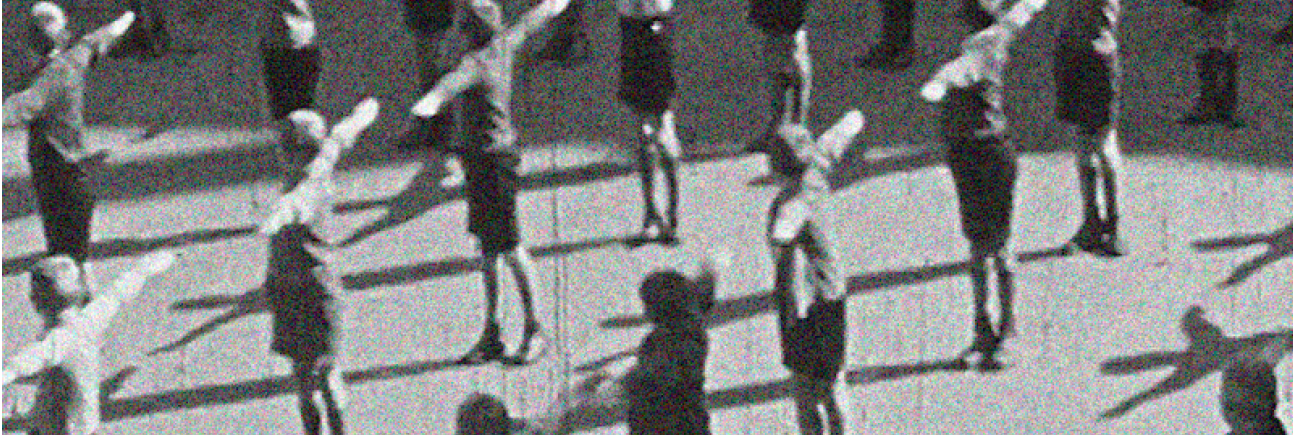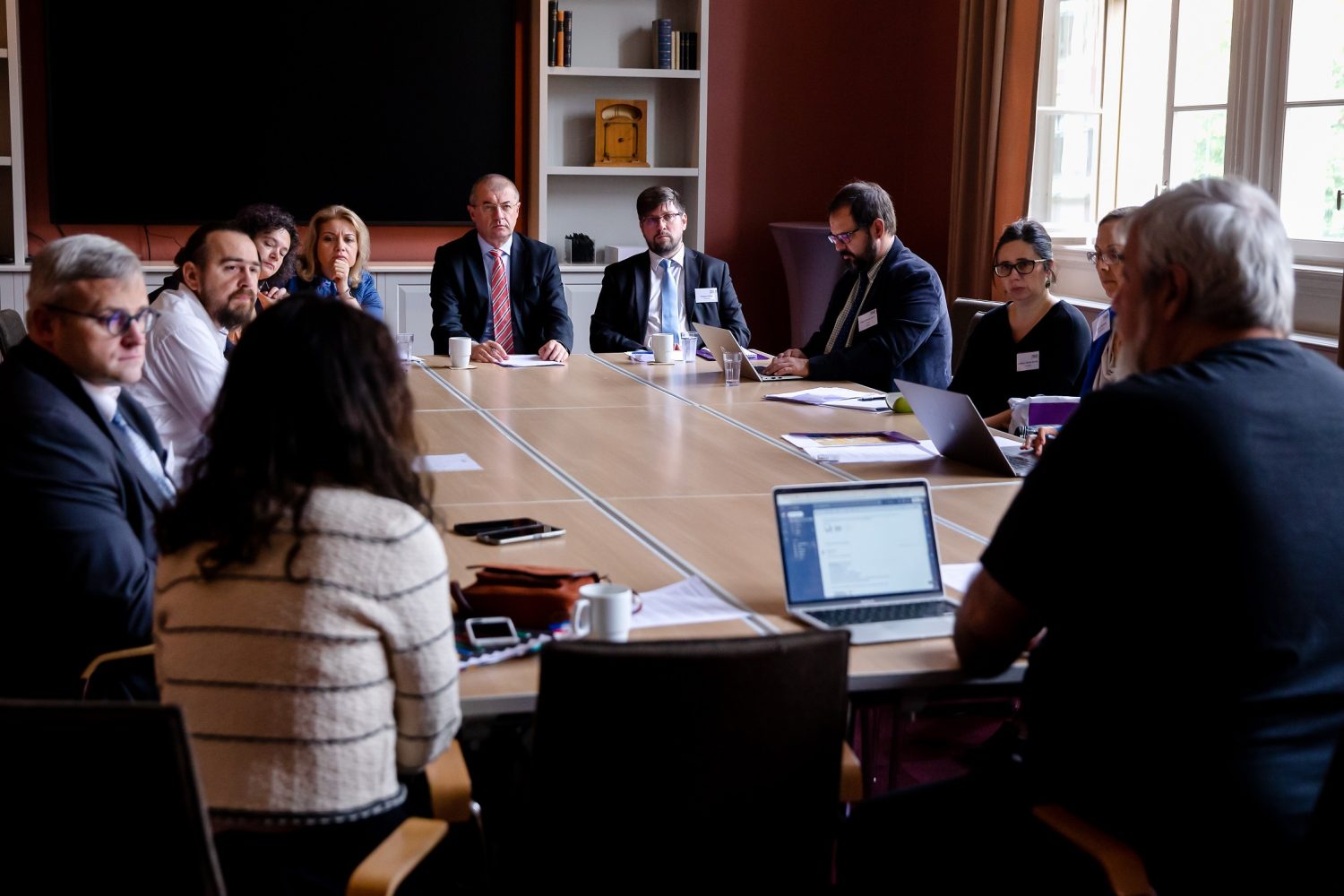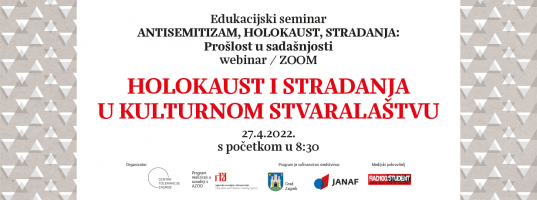
Trans-Atlantic Dialogues: Holocaust educators discuss challenges and solutions
On March 18, the second in a series of webinars on Holocaust education was held by the US Department of State, with the United States Holocaust Memorial Museum. The webinar was hosted by United States Head of Delegation Cherrie Daniels, with interventions from the IHRA Honorary Chairman and IHRA delegate Jennifer Ciardelli.
Speaking about the rising threat of Holocaust denial and distortion, IHRA Honorary Chairman Professor Yehuda Bauer said, “What should educators do? There’s one thing educators must do, and that is to come as close to the truth as humanly possible. You can never encompass the whole truth.” Professor Bauer stressed the importance of including video testimony when teaching about the Holocaust wherever possible.
Bringing the victims to the forefront of Holocaust education
The discussion, which followed the first Trans-Atlantic Dialogue hosted in November last year, was moderated by Dr. Edna Friedberg of the United States Holocaust Memorial Museum, and brought together four educators from both sides of the Atlantic to discuss challenges and some solutions when teaching about the Holocaust. Peter Garry, Adam Musial, Joe Nappi, and Wendy Warren shared their insights on the challenges facing Holocaust education, from the responsibilities of supporting students when teaching this traumatic history to the different local contexts that need to be handled in the classroom.
Peter Garry said, “Throughout the teaching of the Holocaust, it is only right that the victims are to the forefront, that we give agency to the victims of the Holocaust. However, unfortunately, the victims are dead. They can’t speak. However, by looking at the actions of the perpetrators, the bystanders, the upstanders, we can learn about the facts that led to the Holocaust, the events that show the Holocaust was not inevitable.”
Finding guidance on "How to" in the IHRA Recommendations
In closing, Jennifer Ciardelli highlighted the importance of the IHRA Recommendations for Teaching and Learning about the Holocaust. She said, “so many of the issues that were raised today in terms of thinking about local histories, thinking about how to distinguish social media messages, thinking about distortion and how to engage those [issues] when student learners bring that forward – the “How” section of this resource really gives a lot of guidance for how to unpack that.”
The Recommendations are now available in 15 languages.
Watch the full webinar, or read the transcript, on the US Department of State website.
Sign up to our newsletter to
receive the latest updates
By signing up to the IHRA newsletter, you agree to our Privacy Policy




